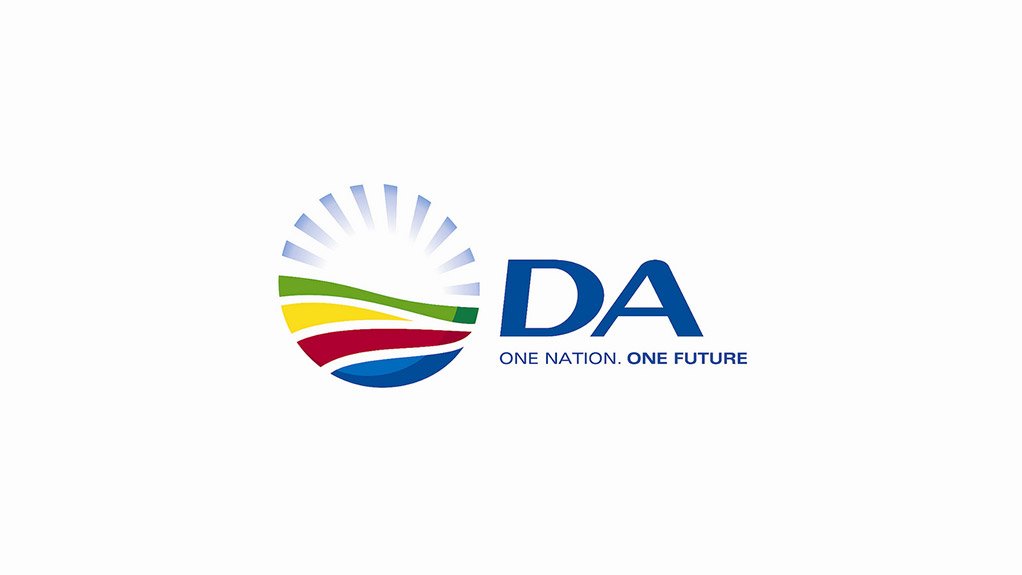The Democratic Alliance's (DA's) real problem is that Parliament is a democratic institution where minority parties do not always have their way, lawyers for President Cyril Ramaphosa and Cogta minister Nkosazana Dlamini-Zuma's have argued in court papers.
They were responding to an application which the DA lodged in the country's apex court.
The DA applied for direct access to the Constitutional Court on an urgent basis to challenge the constitutionality of the Disaster Management Act (DMA), saying that its application raised "fundamental questions about the separation of powers between Parliament and the executive".
But, responding on behalf of the government, Wim Trengove SC said Parliament delegated the management of the disaster to the national executive and may, at any time, withdraw, amend or qualify its delegation.
He argued that the DA ignored that the National Assembly had extensive oversight over the executive.
In addition, the opposition party did not provide any description and analysis of the constitutional mechanisms the National Assembly put in place and the manner in which it employed them to maintain oversight over the executive's management of the disaster.
"Without such a description and analysis, the DA's core complaint that the National Assembly has not or cannot fulfil its duties under Section 55(2) [of the Constitution] does not get off the ground."
In its challenge, the DA said the executive's response to the pandemic, making use of Section 27 of the act, raised questions of profound constitutional importance about whether the section was constitutionally compliant.
The state, however, argues that Section 27 is a quintessential example of a legitimate delegation of Parliament's legislative power to deal rapidly, comprehensively and effectively with unforeseen and unforeseeable disasters in a way that Parliament itself cannot do.
"But, like all other legislative limitations of fundamental rights, the disaster regulations remain subject to all the requirements of the Bill of Rights and judicial review for compliance with Section 36 of the Constitution."
"There is thus no comparison at all between a national disaster on the one hand, and a state of emergency on the other. All the powers vested in the minister under the Disaster [Management] Act remain subject to all the provisions of the Constitution and all existing law. To suggest that it is comparable to a state of emergency is quite misguided," Trengove said.
He argues that the National Assembly's oversight powers do not entitle it to veto or overturn any decision taken by the executive in the lawful exercise of its powers.
Nkandla judgment
"This court made this clear in the Nkandla case in its condemnation of a decision of the National Assembly to overturn a report of another organ of state, the Public Protector. This court described the resolution as an attempt by the National Assembly to take the law into its own hands, resort to self-help and flout its obligations."
The state further argued against the DA's application for direct access to that court, saying that while the applicants had the time to adduce the evidence of its choice and to argue its case in its application, the state did not have the opportunity to make detailed submissions.
"We submit with the greatest of respect that it would be unfair to the respondents to grant the DA's application for direct access on the basis of such a one-sided procedure. It would be in breach of the respondents' right to a fair hearing in terms of Section 34 of the Constitution. The president and the minister ask that the DA's application for direct access be dismissed with costs, including the costs of three counsel."
In her response, National Assembly Speaker Thandi Modise also argued against direct access, saying that no reason was provided for why the High Court was any less equipped to decide whether Section 27 of the act fell short of constitutional standard.
Modise's lawyer, Hamilton Maenetje, SC, also argued that the High Court had jurisdiction and that the DA did not say why it would not get adequate relief there.
"The DA's application is in any event not urgent. At best, the DA's urgency is self-created. As the first and fourth respondents correctly point out, the DMA was enacted in 2002. It has remained on the books since then; without any challenge by the DA. In addition, the national state of disaster was declared on March 15. The DA fails to explain what it has been doing for over two months," Maenetje argued.
EMAIL THIS ARTICLE SAVE THIS ARTICLE
To subscribe email subscriptions@creamermedia.co.za or click here
To advertise email advertising@creamermedia.co.za or click here











